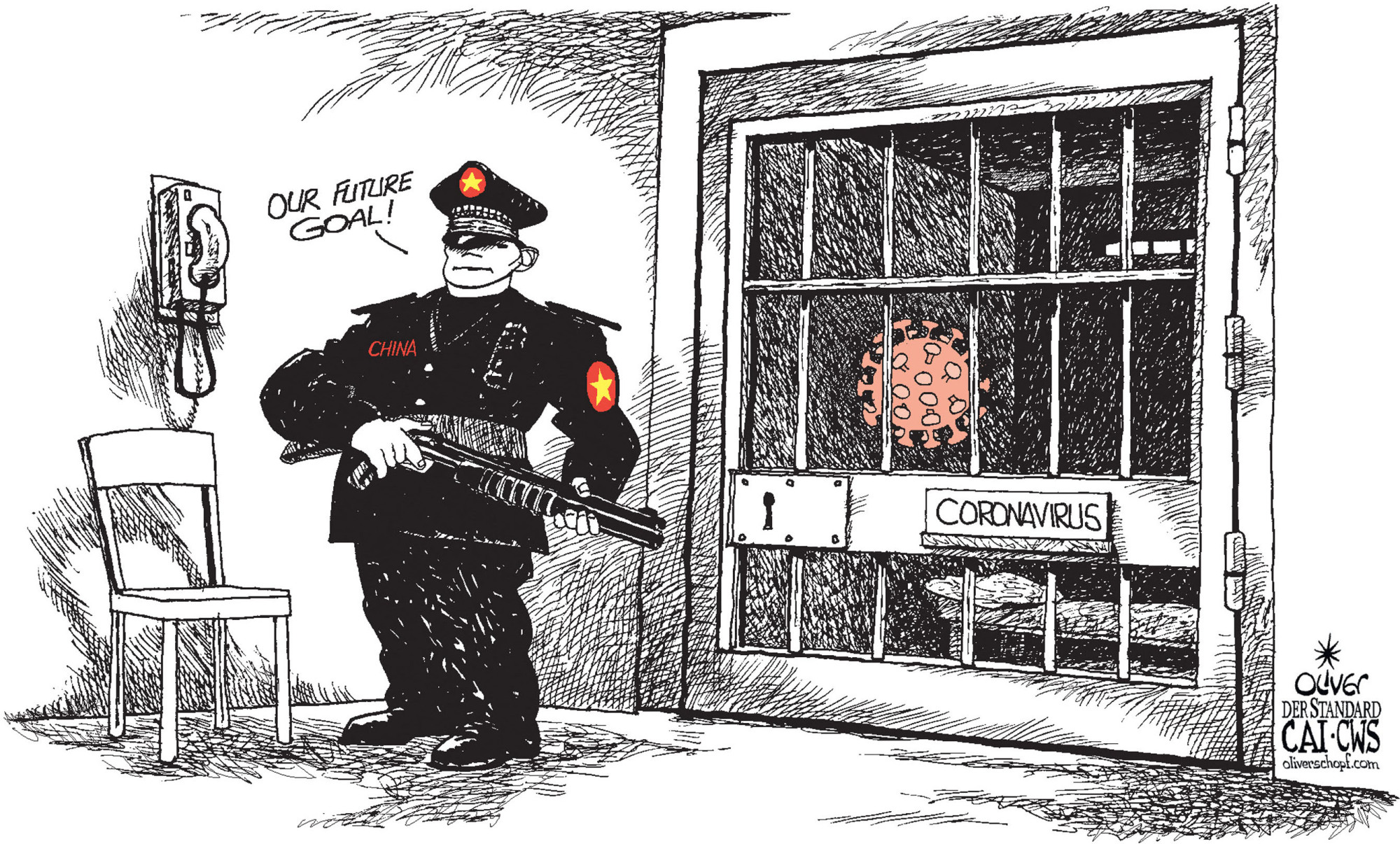The coronavirus crisis represents the single biggest challenge for Xi Jinping since he became general secretary of the Communist Party of China (CCP) in 2012. Individuals and families across China are living in fear. Multiple Chinese provinces are under virtual lockdown. The virus has brought significant parts of the economy to a grinding halt, as firms instruct their employees to work from home. Politically, the blame game bounces between local authorities in Wuhan, the epicenter of the outbreak and the central government in Beijing, with both sides mindful of the eternal principle of Chinese politics: When disaster strikes, someone must be seen to pay the price.
The wider world should show sympathy and express solidarity with the long-suffering Chinese people. These are ugly times, and the racism implicit (and sometimes explicit) in many responses to Chinese people around the world makes me question just how far we have really come as a human family. Too many people beyond China's shores seem to have forgotten another eternal principle: "No man is an island, entire of itself."
Xi wields near-absolute political power over China's Marxist-Leninist state. Arguably, only an authoritarian regime could have pursued the draconian methods that China has in trying to control the virus since January. Only time will tell how effective these measures ultimately prove to be. What is certain, however, is that the crisis, once resolved, will not change how China is governed in the future.



















With your current subscription plan you can comment on stories. However, before writing your first comment, please create a display name in the Profile section of your subscriber account page.